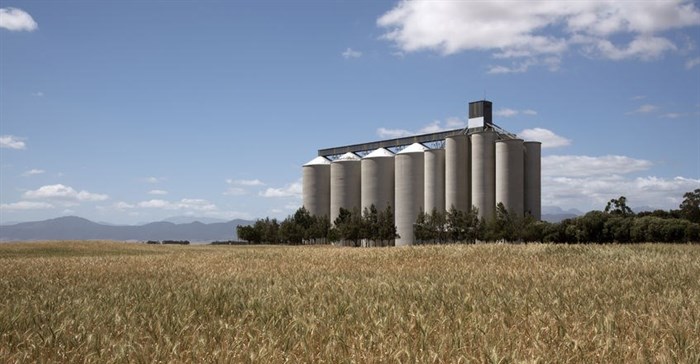Partnership as a panacea for enduring woes in agriculture

Today, large-scale private sector development programmes exist that aim at delivering development impact to poor people in Africa, and that being so, some professional services firms have carved a niche out of the growing focus on private sector development, of offering the much required businesses-minded management services. This trend is revealing a great deal of value in collaborations between profit minded and non-profit organisations in delivering both sustainable business growth and developmental impact. This value is justified in the three below points.
Working with poor farmers requires significant investment
Rural outreach is a costly and hectic process that most businesses would rather avoid. Many agribusinesses choose to get their products to or through middlemen with very little interest on what the final consumer or primary producer looks like. This is disempowering to businesses because some level of knowledge, interest, and control over all levels of the value chain is a prerequisite for agribusiness success. While agribusinesses would cautiously invest in outreach, development organisations have the resources to do this. Numerous organisations have received funding to bring economic empowerment to poor people, and are training farmers, setting up saving and loan groups, introducing new inputs and technologies - all intended to increase productivity and, subsequently, income for rural farmers. Agribusinesses should piggyback on this experience.
Social capital is key to agribusiness viability
Agribusinesses must ensure that their primary consumers and producers are a happy bunch. However, in the absence of civil societies who can be trusted to protect the welfare of smallholders? If the welfare of poor farmers is not taken into account, any business that depends on them stands a huge risk of collapse in case the farmers forgo farming, switch crops or change buyers or suppliers.
Investing in social capital would help businesses curb the risk of fallout with its primary consumers or suppliers. From their intense interactions with farmers whose nature is more pleasant, development organisations enjoy far greater social capital in rural areas.
It is in the interest of agribusinesses to utilise development organisations as an effective channel to establish trust and create successful relationships with rural farmers.
Systemic change requires a multi-stakeholder approach
For-profit companies are obviously affected by the business environment they operate in. Therefore, it should be in their interest to ensure that any changes in the business environment are favourable to the value chains in which they operate. Take a case where an unfavourable regulation hinders a company from introducing an improved input. What will follow is a steep decline in the revenue of the business and a negatively fluctuating income of the final consumer who would have achieved greater yield from the input. This, on the other hand, is an opportunity for NGOs to push for reforms that would allow the improved variety to be registered.
Not-for-profit industry associations have been found to play a vital role in fostering systemic change by not only mediating the interests of the parties they represent but also lobbying the government to ensure its policies are not inhibitive and retrogressive. Successful businesses must, therefore, think about forming winning alliances in order to make market systems work in their favour.
Diverse opportunities exist
To sum up the above points, responsible agribusinesses must assess the need for partnership with NGOs based on the capital required to invest in farmers, the value of maintaining good relations with farmers, and the need to push for systemic change in favour of the industries within which the operate.
Diverse opportunities exist for businesses, NGOs, and donors in light of the above. For donors, if this reveals anything, it is the opportunity that exists for designing and implementing programmes that solely seek to catalyse collaborations between the private sector and the 'third sector' in favour of pro-poor growth. In the same breath, NGOs and businesses themselves should engage in thorough scoping of the respective industries in order to identify partnership opportunities that may exist.
Stakeholders in agriculture need to step out of their silos and appreciate that stronger synergies between them may just be the right strategy for the realisation of inclusive, profitable, responsible and sustainable agriculture.
Source: allAfrica

AllAfrica is a voice of, by and about Africa - aggregating, producing and distributing 2000 news and information items daily from over 130 African news organisations and our own reporters to an African and global public. We operate from Cape Town, Dakar, Lagos, Monrovia, Nairobi and Washington DC.
Go to: http://allafrica.com/



























